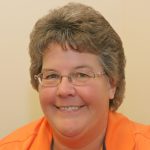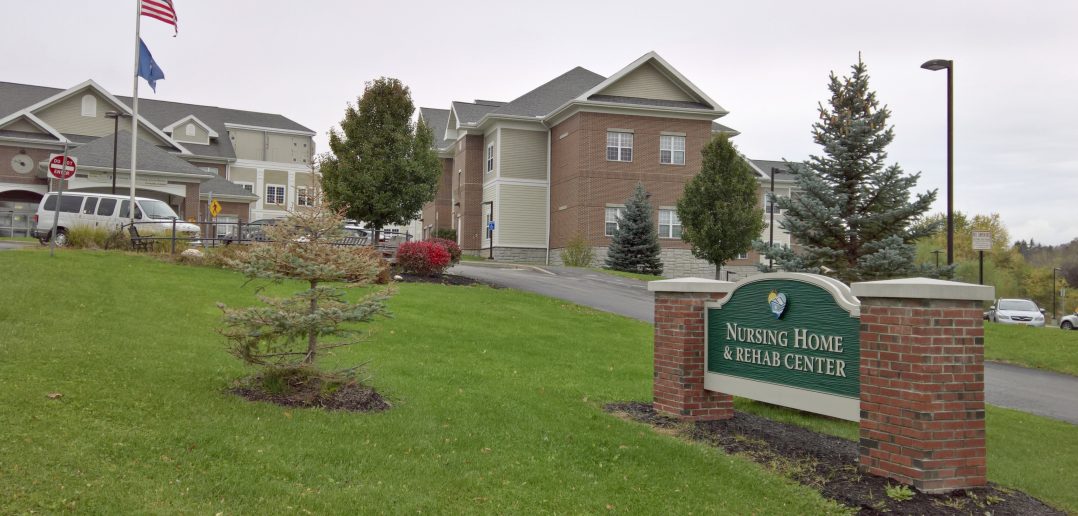WNY — As the coronavirus continues to spread throughout the United States, people with occupations that put them in physical contact with patients and coworkers are the people who stand the greatest risk of becoming sick.
Dr. Anthony S. Fauci, the nation’s leading infectious disease expert, and Dr. Deborah L. Birx, who is coordinating the response, said on April 1 the coronavirus may kill 100,000 to 240,000 people in the United States despite the best efforts of first responders and the medical community.
From Montauk to Buffalo, nursing homes and other facilities for the elderly staffed by CSEA members continue to stockpile masks and thermometers, preparing for staff shortages and screening everyone to protect a particularly susceptible population from the coronavirus.
Nurses, personal care aides and home health aides who work with an aging population continue to be very susceptible to the illness. They are considered at high risk of being infected.
Members in action

Krause-Bemb
At a county run nursing home in Cattaraugus County, NY, Certified Occupational Therapy Assistant Kathy Krause Bemb says she and her fellow employees are stepping up to the challenge to do the best they can to keep everyone safe.
“Our staff at the Pines in Machias is receiving special training from our employer to make sure we can do our jobs more effectively during this new normal,” said Krause Bemb, who has been a CSEA member since 1999. She added, “Being educated on preventive measures makes all the difference in world when handling patients. This is no doubt difficult times for everyone. It’s the fear of the unknown for patients and staff that keeps the anxiety high.”
Nursing homes and some OPWDD group homes are urging visitors to stay away. Many are looking into alternate ways for friends and families to connect, implementing video chats and conference calls.

Savage
Kelly Savage, a CSEA member who works for the Wayne County Nursing Home in Lyons, NY says stricter protocols about public access to the facility were executed a few weeks ago. “The only way anyone can enter our building is with appropriate work ID and using the employee entrance,” said Savage. She added, “We are also getting our temperatures checked as we arrive for our work shift, and masks have to be worn 24/7. We are also sterilizing all surfaces and instruments consistently.”
Savage, who works as a Household Assistant, helps nursing home residents with meals, laundry and hygiene. “I am not so worried for myself as I am for those who are at high risk for getting sick. It’s people with suppressed immune systems and the elderly who I am really concerned about right now,” she said.

Blujus
At the NYS Veterans Home in Batavia, NY, Certified Nursing Assistant Paul Blujus says when workers arrive for their shift, everyone is getting medically screened to prevent the spread of the virus.
He said, “Workers are afraid if they are observed with even the slightest indication of a cough or a sniffle, they would be sent home. Many workers here are understandably anxious about how this will all play out. In the meantime, we are doing our best to take care of our veterans who call this facility home.”
Blujus also reports the Veterans Home in Batavia has received 125 reusable face shields that have been made on a 3D printer and donated to the facility by a company in Syracuse. He says they can be disinfected, and they seem very durable. He added, “We appreciate the donation, but our workplace is still in need of Tyvek suits, masks and other PPE equipment.”
So far, no cases of Covid-19 have been confirmed in the NYS Batavia Veterans Home. Tests that had been administered were all negative.
Shutting it down
As virus cases have grown across New York State, many businesses have closed offices and stores, and sending workers home to help slow the spread.
School systems and universities around New York State and the country are closed and have put distance learning procedures in place. Teachers, custodial staff and other educational workers are now sheltering in place at home.
While some government entities and private sector companies have emergency leave policies already in place to help protect their employees during the shutdown, there are large portions of the population that still have no or very few protections.
Most companies have asked employees to do their jobs from home. But that arrangement is largely available only to white-collar workers. For many CSEA represented occupations, working from home is simply not an option, including those who are on the front lines of the response who work in food service, healthcare and correctional institutions.
What the future holds
CSEA Western Region President Steve Healy says, “Workers are risking their lives and the lives of their families to treat a virus we don’t even fully understand. Our members are doing what they always do– show up when it matters most. They always put patients and members of the community above themselves.”
Healy added, “Moving forward, we need an aggressive response that will address the full scope of this crisis – not just for now, but for the future because we know this virus will intensify as the weeks and months unfold.”
CSEA has created a web site specifically dealing with Coronavirus and how it may impact our members. We are updating this site on a regular basis as the situation changes throughout our state. For the latest information, please visit our CSEA homepage page at cseany.org
-Ove Overmyer




